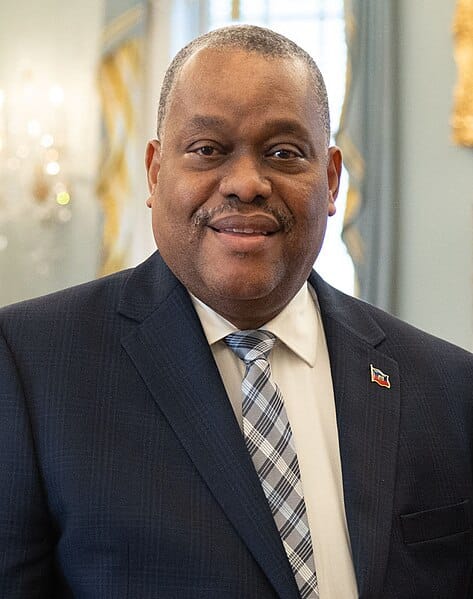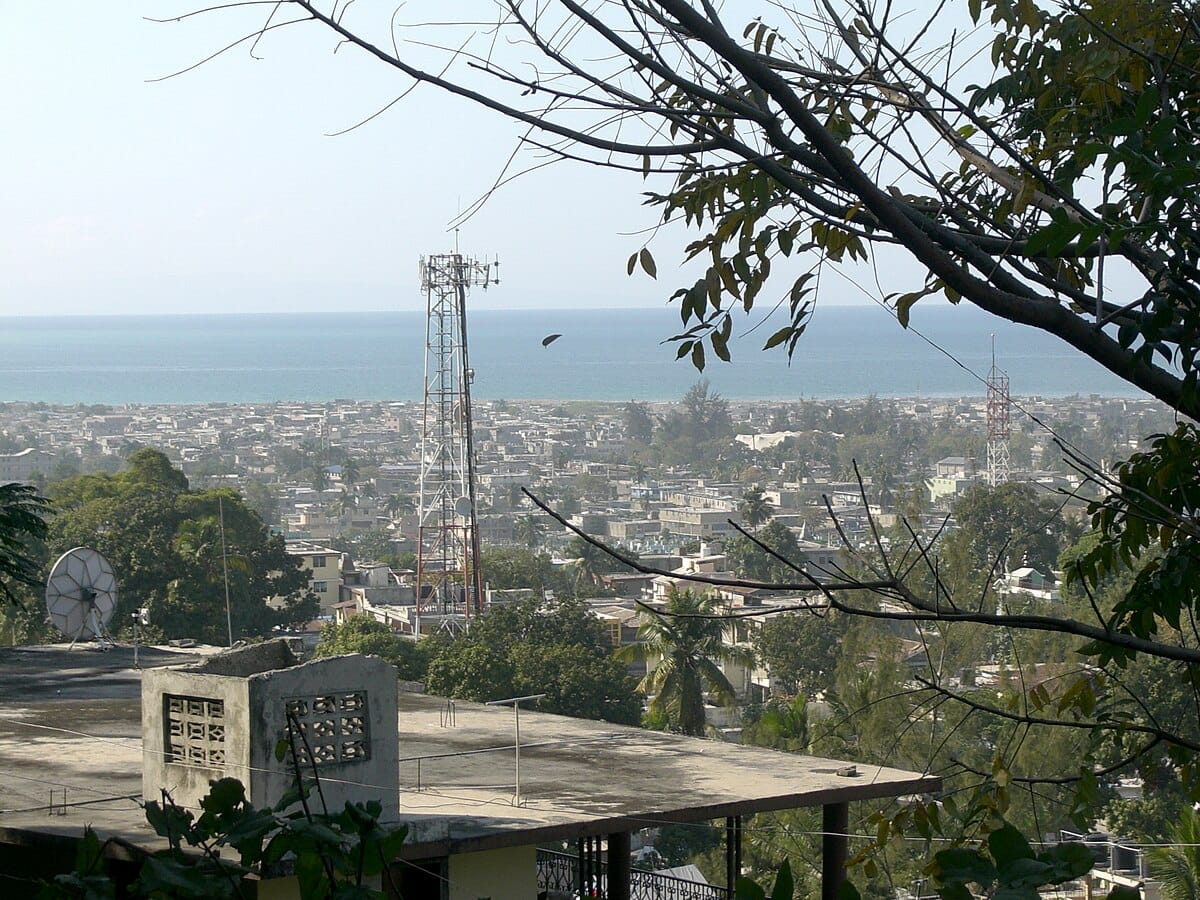Children Caught in Crossfire: UN Report Reveals Rise in Gang Recruitment
'Children are being used by armed gangs in Haiti and we are witnessing some recent troubling trends, notably the use of sexual violence, including rape and collective rape, as a weapon of war by gangs.'

by Camilla Taylor, BA International Relations 09/12/2024
From November 2023 to August 2024, gang violence surged in Haiti. According to the United Nations (UN), gangs now dominate 85% of the capital, Port-au-Prince, controlling vital infrastructure and engaging in armed clashes with rival factions. Gangs are disrupting essential services, targeting hospitals and schools, leaving over 300,000 children without access to education. In early October, the Gran Grif gang massacred 70 people in the town of Port-Sondé, moving from house to house, executing civilians and torching buildings. The Gran Grif’s leader declared the act as retaliation against civilians for failing to intervene and prevent the police from killing his combatants.
The involvement of minors is a growing concern, with children under 18 years old estimated to constitute between a third and half of gang members, lured by the promise of protection, a sense of belonging, and income from illegal activities. It is a strategy for survival. America's director at Amnesty International stated, “We have documented heartbreaking stories of children forced to work for gangs: from running deliveries to gathering information and performing domestic tasks under threats of violence.” Human Rights Watch (HRW) reports that Haitian gangs are recruiting starving children to serve as “human shields” in an anticipated bloody battle with international security forces. Gang leaders are using TikTok to spread misleading videos, glamourising their lifestyles to recruit vulnerable children. These criminal organisations fill the void in a country where government presence is weak.
A 14-year-old member of the Tibwa gang told HRW, “They told me to blindfold someone we were going to kidnap. When I refused to do it, they hit me in the head with a baseball bat and said if I didn’t, they would kill me.” Haiti’s young generation are being deprived of their future and are now being caught in a cycle of violence, fear, and criminality, which seems impossible to break.
Among the consequences of gang violence, sexual violence is emerging as a particularly horrifying trend. Virginia Gamba, the UN Special Representative of Secretary-General for Children and Armed Conflict, highlighted the impact of the extreme levels of brutality and lawlessness across the country. She stated, “Children are being used by armed gangs in Haiti and we are witnessing some recent troubling trends, notably the use of sexual violence, including rape and collective rape, as a weapon of war by gangs.” Verified UN figures show a 1000% increase in sexual violence in 2024 compared to 2023, with women and girls often caught in the crossfire. The collapse of Haiti’s judicial system has caused an impunity culture where perpetrators rarely face punishment, leaving survivors of sexual violence to fend for themselves.
Haiti’s current gang crisis stems from over two decades of instability, worsened by the catastrophic earthquake in 2010 and the assassination of President Jovenel Moïse in July 2021, which left a political vacuum. Since then, Haiti has struggled with political fragmentation, incohesive leadership and a paralysed judiciary. Subsequent appointed leaders have failed to hold elections, and on 10th November, Garry Conille, the acting Prime Minister, was dismissed. As Haiti’s government weakens, gangs are increasingly becoming the true rulers of entire neighbourhoods, with more people resorting to them for survival.
The international community has taken steps to address the crisis in Haiti, but these efforts have been insufficient. In September, Kenyan President William Ruto pledged 600 more officers to the UN-backed Multinational Security Support (MSS) mission, bringing the total to under half of the originally promised 2,500. Alarmingly, gang numbers are at least six times higher than foreign security personnel. Virginia Gamba has emphasised the need for increasing support to the MSS mission, which, although seen as pivotal in stabilising the country, lacks sufficient police officers and funding, therefore restricting its operations.
As Haiti faces its darkest hour, the international community must stand in solidarity with Haiti and support efforts to combat gang crimes. By addressing the underlying issues provoking gang violence and offering pathways to a better future for young people, Haiti can work towards building a safer and more prosperous society for all its citizens. Without such efforts, this cycle of violence may only deepen, leaving Haiti with a lost generation.





